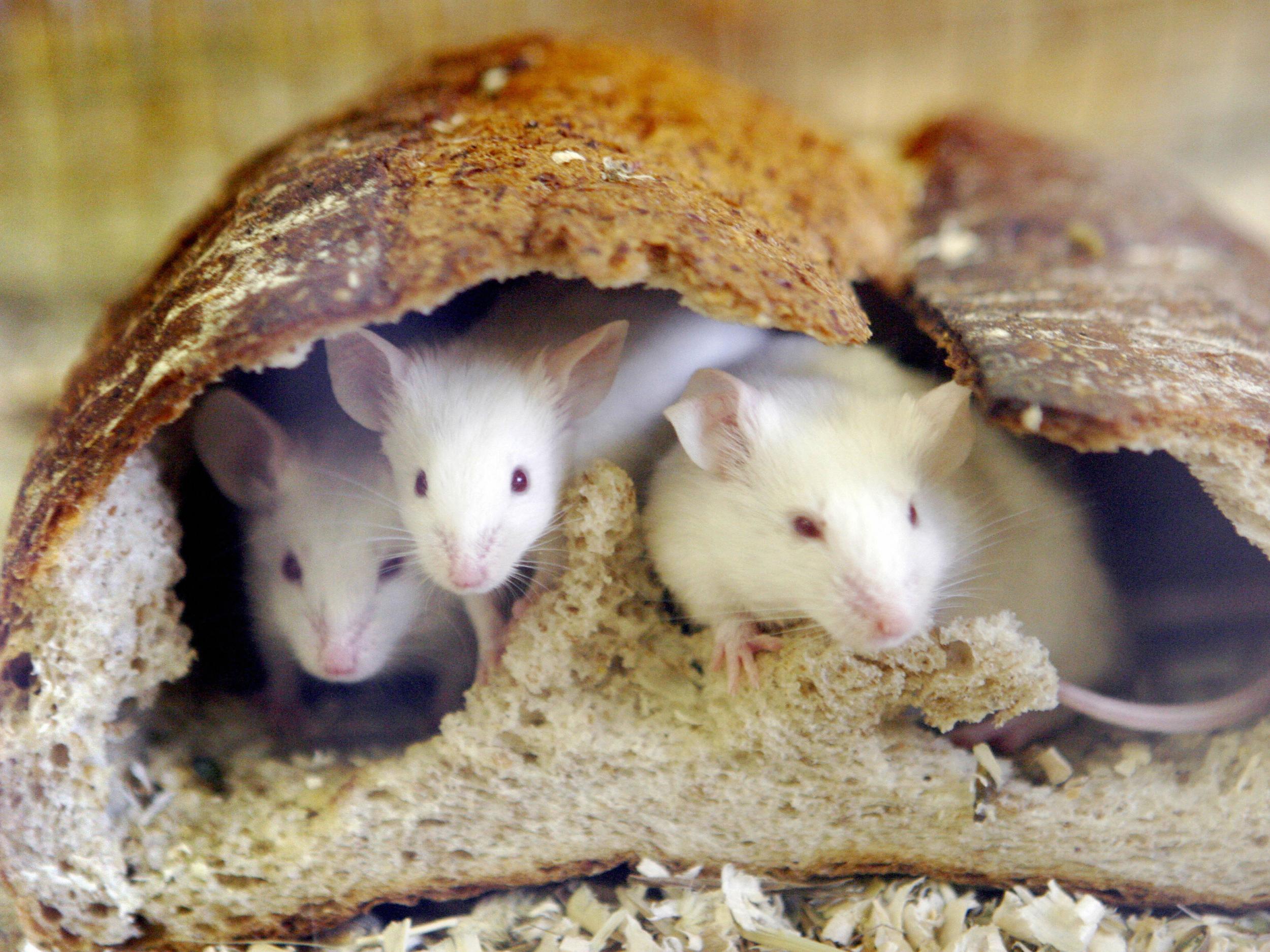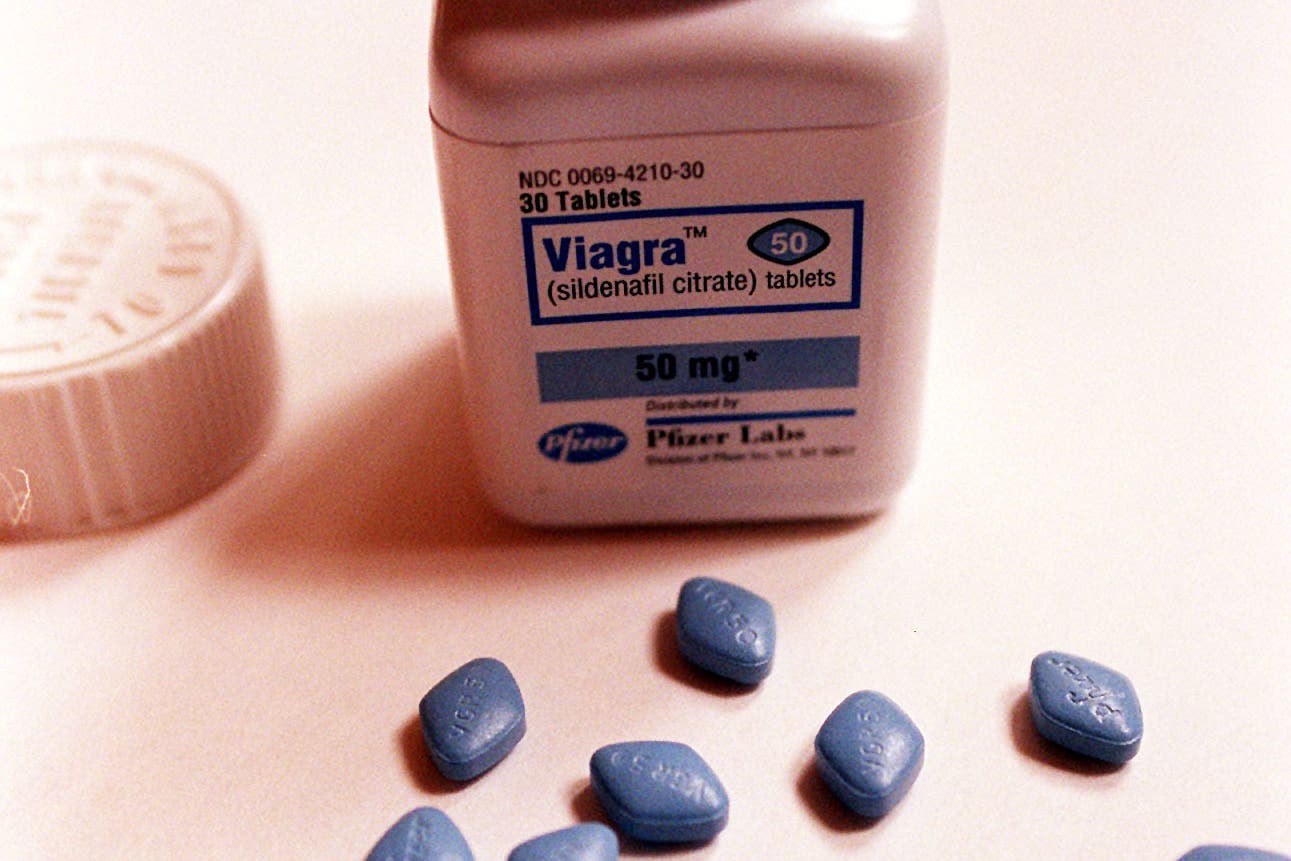Study of mouse erections could help treat erectile dysfunction

Your support helps us to tell the story
From reproductive rights to climate change to Big Tech, The Independent is on the ground when the story is developing. Whether it's investigating the financials of Elon Musk's pro-Trump PAC or producing our latest documentary, 'The A Word', which shines a light on the American women fighting for reproductive rights, we know how important it is to parse out the facts from the messaging.
At such a critical moment in US history, we need reporters on the ground. Your donation allows us to keep sending journalists to speak to both sides of the story.
The Independent is trusted by Americans across the entire political spectrum. And unlike many other quality news outlets, we choose not to lock Americans out of our reporting and analysis with paywalls. We believe quality journalism should be available to everyone, paid for by those who can afford it.
Your support makes all the difference.Getting regular erections may play an important role in having healthy sex lives, research has suggested.
The study in mice provides insights that could one day lead to new treatments for erectile dysfunction in humans, experts suggest.
Researchers at Karolinska Institutet and Uppsala University in Sweden found that cells called fibroblasts have a previously unknown and very important role to play in regulating blood flow in the penis.
Erections are controlled in part by the corpora cavernosa (CC) – tissue that can fill with blood and enlarge when blood vessels expand.
Eduardo Guimaraes, researcher at the Department of Cell and Molecular Biology at Karolinska Institutet and first author of the paper, said: “Fibroblasts are the most abundant cells in the penis of both mice and humans but they have been neglected in research.
“Now we can show, using a very precise method called optogenetics, that they have a very important role in regulating blood flow in the penis, which is what makes the penis erect.”
Men’s sexual health and wellbeing largely depend on the ability to attain penile erections.
However, ageing and health risk factors including diabetes and narrowing of the arteries can affect this.
According to the findings, fibroblasts bring about erection by taking up chemicals that lead to the widening of blood vessels in the penis.
How effective this process is depends on the number of fibroblasts.

The study, published in Science, found that the number of fibroblasts in the penis is affected by the frequency of erections – the more frequent, the more fibroblasts, and vice versa.
Christian Goritz, senior researcher at the Department of Cell and Molecular Biology at Karolinska Institutet, said: “It’s not so strange really. If you exert yourself a lot, your body adapts.
“If you run regularly, it will eventually become easier to breathe while running.”
He said that in terms of what conclusions can be drawn for humans from studies on mice, in this case there are significant similarities, adding: “The basic mechanisms of erection are very similar in all mammals regarding anatomy, cell structure and so on
“However, there is one difference between humans and most mammals – they have a bone in their penis.
“This means that effective blood flow regulation is probably even more important for human reproduction.”
The researchers also found that older mice had fewer fibroblasts in the penis, which was also reflected in lower blood flow.
The ability to get an erection also decreases with age in humans, which could be partly due to fewer fibroblasts in the penis, the experts suggest.

The study comes as a new study suggested men who take drugs like viagra for erectile dysfunction may be inadvertently reducing their chance of getting Alzheimer’s disease.
Men who took drugs to combat the issue were 18% less likely to develop Alzheimer’s than those who did not.
The new study, published in the journal Neurology, saw experts from University College London (UCL) examine the medical records of 269,725 UK men aged 40 and over, with an average age of 59, who were diagnosed with erectile dysfunction between 2000 and 2017.
Alzheimer’s Research UK said that the possibility of repurposing drugs already used for other health conditions could help “accelerate progress and open up new avenues to prevent or treat dementia-causing diseases”.